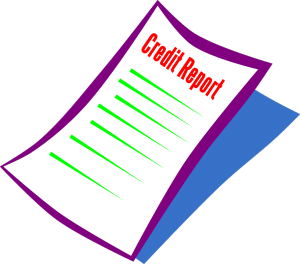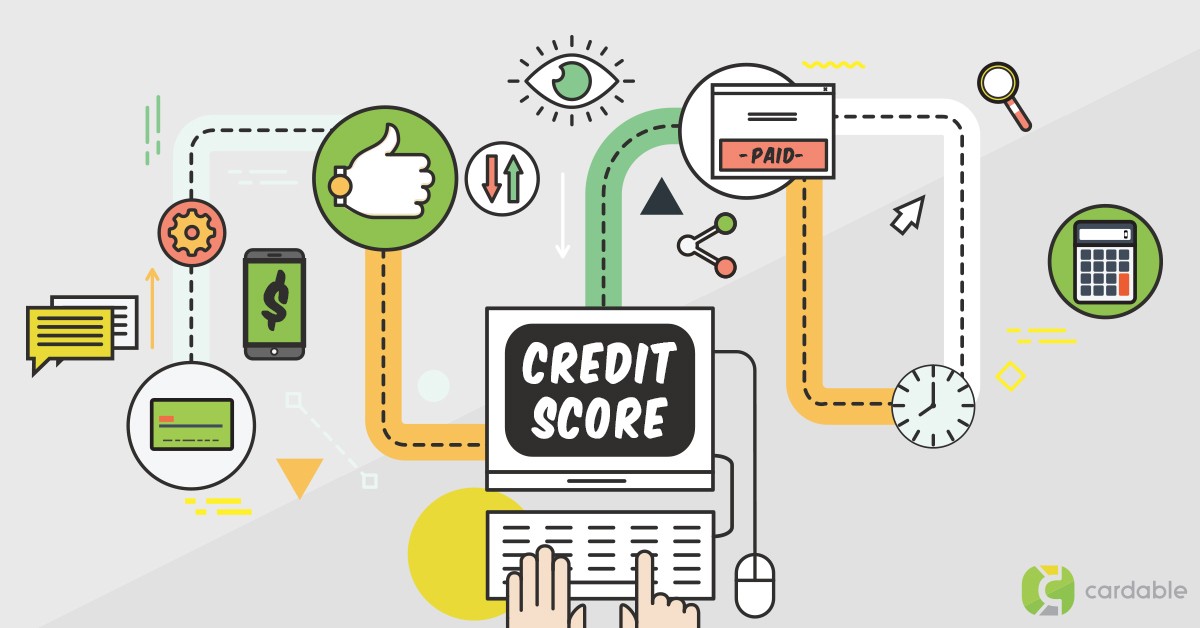What are Credit scores?
A credit score is a numerical scoring value that give financial institutions and consumers an idea of their credit payment histories.
Credit scores can usually be accessed by banks, finance companies or credit card companies through the Credit Bureau Singapore (CBS) and the DP Credit Bureau only.
What information is included?
The documents contain some in-depth information including:
- personal data like name and NRIC number
- a summary of the number of credit facilities
- your repayment histories and details on any defaults
- number of times your credit report was looked into by financial institutions, and if there are any accounts with default records
- detailed bankruptcy records
CBS and the DP Credit Bureau also includes credit scoring metrics that are unique to their organisation and purposes.
Each individual is placed into a Risk Grade category which tells financial institutes the probability of the person to default on payments.
AA, BB, CC, DD, EE, FF, GG and HH are the risk grade categories, with AA being the most ideal credit score, and HH being the one that many seek to avoid.
Parts of a Credit score

There are 6 components that create the overall credit score. Each part gives a detailed look into:
- How your credit options are being utilised
- How often and how much you’ve used
- Data on delinquency or failure to make payment
- A credit account history which includes 12 months of conduct
- The amount of available credit you have left, and
- Enquiry activity
Thus, the usage of credit options must be seriously considered and planned since everything can be traced.
Importance of a credit score
The main purpose of credit scores is for finance companies to analyse and evaluate on whether an individual is eligible for the opening of a new credit account – be it a loan or credit card.
These finance companies want to know if it’s a hassle to get bill payments from you. Thus, they place your past conduct very seriously.
If you’re thinking of getting a loan for a larger purchase, then the credit score can either help or harm you.
If you suspect that your credit score might not be ideal or if you are unsure, it is usually recommended to purchase a copy of their credit report and take the necessary a ctions to remedy the situation if required.
ctions to remedy the situation if required.
Aside from having a bad credit rating, one can face the record of having a file that is ‘too thin’ – which means that there isn’t enough information for the credit score to be a good indicator of the individual’s capabilities. This can be changed, perhaps, by applying for more credit cards.
5 ways to achieve a good credit score

1. Use your credit cards strategically but sparingly, taking into account your income, financial commitments and other expenses.
2. Payment for your credit card bills must not be missed – not even once. Consistent on-time payment will boost your credit score. If you are cannot make a payment, inform the relevant financial institute and provide a valid explanation for it.
3. Do not apply for too many credit cards or the financial institutions might consider that you have potential to be in a lot of debt.
4. Ensure that you are able to manage the number of credit options you have. If not, consider closing down a few.
5. Monitor your credit limits and outstanding balances regularly to ensure that you are within your financial means
Written by Claudia Li.
About the Writer: A 90s kid, Claudia is always on the lookout for the best credit cards to supplement her lifestyle. She isn’t afraid of credit card salesmen who approach in public for a chat, and constantly works out the best ways to save on any transaction with her arsenal of cards. Previously in the marketing industry, she now writes on various topics including personal finance, business marketing and other interests.
Advertisement



